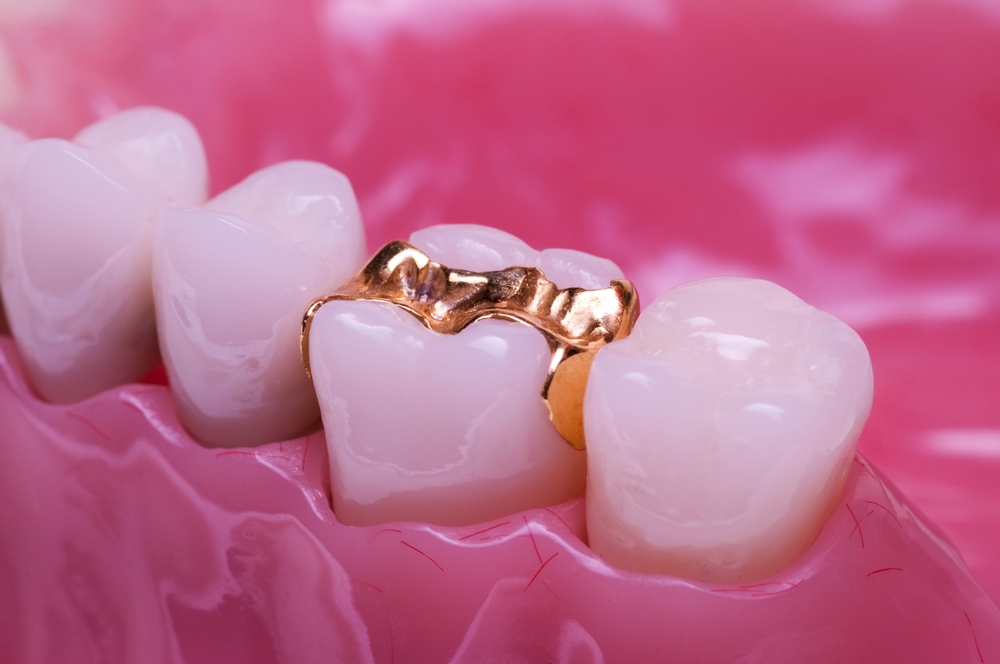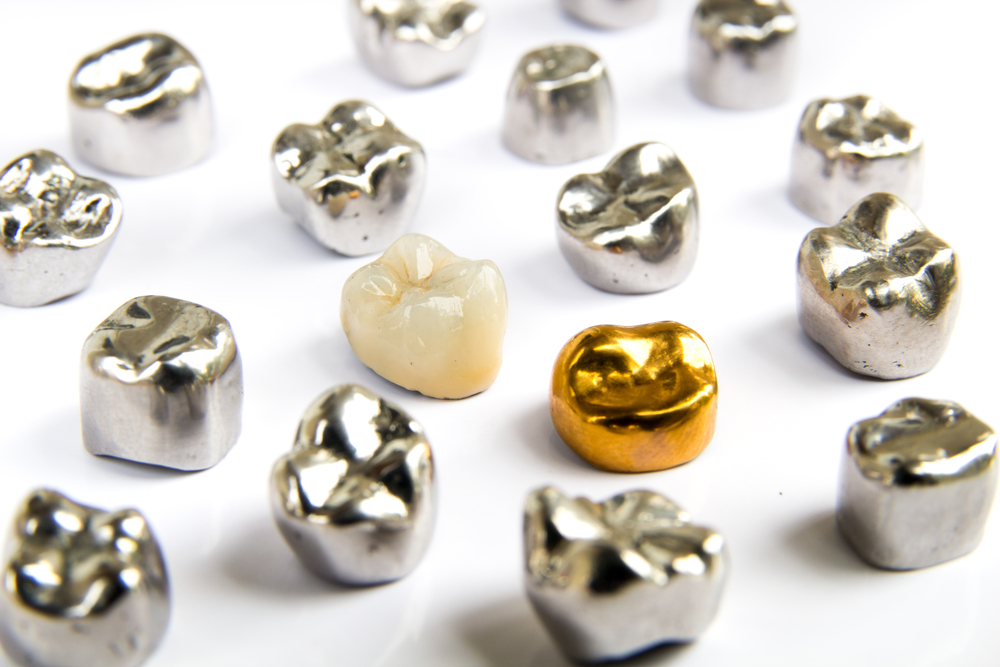No one likes to hear that they have a cavity but if one does develop, it’s important to treat it as early as possible with the right method. There are two main ways that a cavity can be restored: fillings or crowns. When it comes to large cavities, crowns are often the better option.
Why Choose a Crown Instead of a Filling?
Restoring a cavity requires the removal of the infected or decayed tooth material. Smaller cavities can be treated with fillings since there is enough structure left to support the tooth. However, for large cavities, significant removal of the tooth material is needed to successfully clear away all the decayed matter. If the tooth does not have enough structure on its own, a filling might actually weaken the tooth and not give it the strength it needs. This could cause the tooth to crack or completely chip away, leading to larger complications
The Benefits of Crowns
Fillings work just like their name sounds. A composite material is placed into the grooves of the teeth to seal off the inner layers and strengthen a cracked or decayed tooth. While fillings are a beneficial treatment, they aren’t always the best option for larger cavities. Instead, a dental crown might be needed. Rather than filling in a hole or deep crack in the tooth, crowns fit like a cap over the tooth’s surface. This gives the remaining tooth the structure and support needed to hold pressure when biting or chewing. Since crowns completely cover the tooth, they also have a better seal to keep out cavity-causing bacteria.
Is a Filling or Crown Right for You?
The best way to determine whether you require a crown or filling is to schedule an appointment with your dentist. They will evaluate the size of the cavity and how much healthy tooth material remains. After this examination, they will recommend the best course of treatment to restore the tooth.
If a crown is necessary to properly restore your tooth, there are several options available. Porcelain crowns can be used on any tooth while gold crowns are often used on the back teeth, especially for people who grind or clench their teeth. Porcelain fused to metal is another option that gives the restored tooth strength while blending into the surrounding teeth. These options will also be discussed in greater detail at your dental examination.
Schedule an Appointment
If you are noticing discoloration or tooth sensitivity, these might be signs that you have a cavity. We encourage you to schedule an appointment today at South Meadows Dental & Orthodontics in Reno, NV. Our friendly team of dentists is here to help you restore a healthy, beautiful smile.



